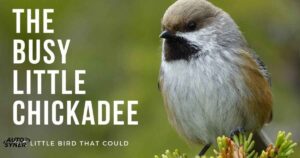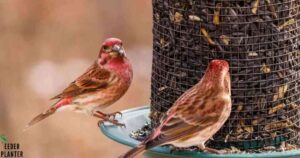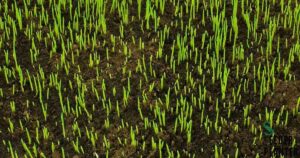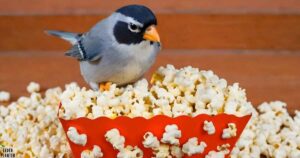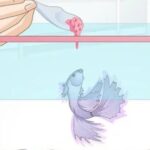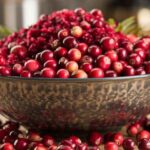Bird feeding is a beloved hobby for many. Yet many bird lovers wonder: does bird seed go bad? The answer is yes, and knowing the signs of bad bird food is crucial. This guide will help you identify spoiled birdseed signs and learn proper storage methods.
The Shelf Life of Bird Seed
Does bird seed go bad? different types of seeds have varying shelf lives. High-quality birdseed generally lasts longer than cheaper alternatives. For instance, sunflower seeds can stay fresh for up to six months if stored properly, while Nyjer seeds often last only two to three months. Most mixed birdseed typically remains good for around four to six months.
The storage conditions play a key role in how long bird seed lasts. Heat and moisture are the biggest threats to fresh bird seed. Storing it in a cool, dry place is the best way to preserve its freshness. Although many people check the birdseed expiration date, proper storage is often more important for extending its shelf life.
How to Tell If Your Bird Seed Has Gone Bad
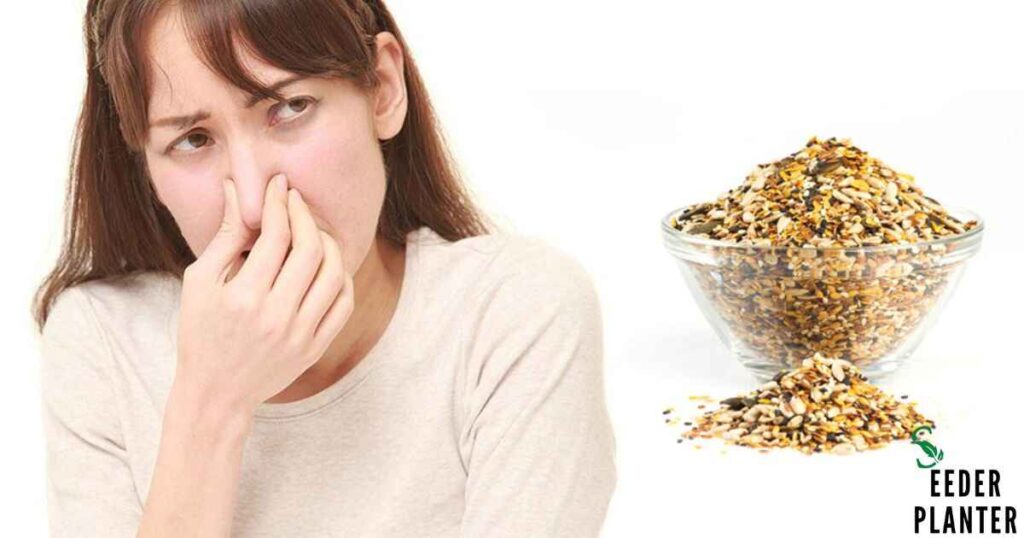
Identifying spoiled birdseed signs is essential for bird health. The most common sign is moldy birdseed. Mold appears as a white or green powder on seeds. A rancid birdseed smell is another clear indicator. Fresh seed should smell nutty and clean.
Birdseed clumping often means moisture has gotten into the seed. When seeds stick together, it’s usually due to dampness. Birdseed moisture problems can lead to mold growth. Watch for insect-infested birdseed too. Small bugs or webs mean the seed is no longer safe.
Why Does Bird Seed Spoil?
Several factors cause bird seed to go bad. Birdseed contamination often starts with poor storage. Moisture leads to mold and bacteria growth. Heat can make oils in seeds turn rancid. Mice in birdseed can also cause contamination.
Birdseed sprouting issues happen when seeds get damp. Sprouted seeds lose nutritional value. They can even produce harmful substances. Old seed naturally degrades over time. This leads to less nutrition for your backyard birds.
Health Risks of Bad Bird Seed
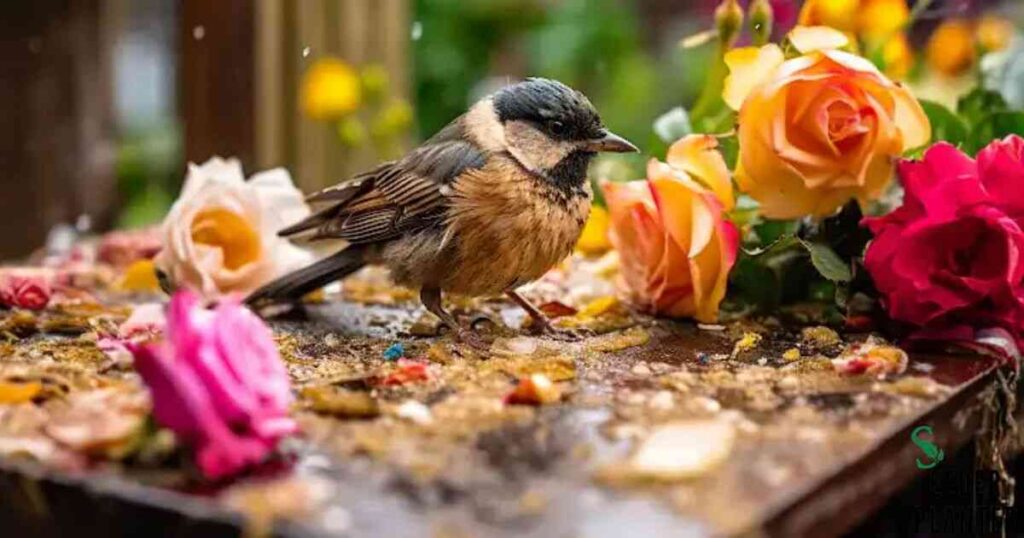
Feeding spoiled seed can cause serious bird health issues from bad seed. Moldy seed can make birds very sick. Some birds may show bird disinterest in seed if it’s spoiled. This is often their natural way of avoiding harmful food.
Read This Blog : The Ultimate Guide to Planting Moringa Seeds: A Nutritious Super Green
Bad seed can spread diseases at your feeder. It may attract unwanted pests too. Regular cleaning bird feeders helps prevent these issues. A clean feeder means healthier birds in your yard.
How to Prevent Bird Seed from Going Bad
Proper birdseed storage is key to keeping seed fresh. Use airtight containers in a cool, dry place. Check the seed regularly for any signs of spoilage. Follow these birdseed storage tips for best results:
- Keep seed in a moisture-proof container
- Store in a cool, dry location
- Check seed weekly for signs of spoilage
- Use older seed first
Good bird feeder maintenance helps prevent birdseed spoilage. Clean feeders monthly with a mild bleach solution. Rinse thoroughly and dry completely before refilling. Remove wet or moldy seed immediately.
When to Replace Your Bird Seed
Replace seed if you notice any spoilage signs. Fresh birdseed identification is simple. Good seed looks clean and flows freely. It should smell fresh and nutty. Birds eagerly eat fresh, good-quality seed.
Seasonal changes may require more frequent checks. Humidity rises in summer, increasing spoilage risk. Winter moisture can also cause problems. Regular inspection helps catch issues early.
Frequently Asked Questions
Can you use out of date bird seed?
Using out of date bird seed isn’t recommended. While the date is a guideline, seed can spoil before expiration. Check for mold, rancid smells, or moisture damage. Fresh seed provides better nutrition for birds.
How to tell if birdseed is bad?
You can tell if birdseed is bad by looking for mold, unusual smells, or clumping. Watch for insect infestations or sprouting seeds. If birds avoid the feeder, the seed may be spoiled. Always check seed quality before filling feeders.
Is bird seed harmful?
Fresh bird seed isn’t harmful. However, spoiled seed can be dangerous to birds. Moldy or rancid seed may cause illness. Some birds might get sick from eating contaminated seed. Good storage and regular checks keep seed safe.
Can you store bird seed?
Yes, you can store bird seed properly. Use airtight containers in cool, dry places. Avoid garages or sheds with temperature swings. Proper storage extends seed life. Check stored seed regularly for signs of spoilage.
Conclusion
Understanding does bird seed go bad helps keep your feathered friends healthy. Regular checks and proper storage prevent most problems. When in doubt, replace old or questionable seed. Your backyard birds will thank you with their continued visits.
Keep learning about proper bird feeding practices. Join local bird watching groups for more tips. Share your knowledge with other bird enthusiasts. Together, we can ensure safe and enjoyable bird feeding for everyone.

I am Alexander James, a seasoned professional with 4 years of expertise, brings passion and skill to every project. Elevate your experience with my knowledge and creativity.
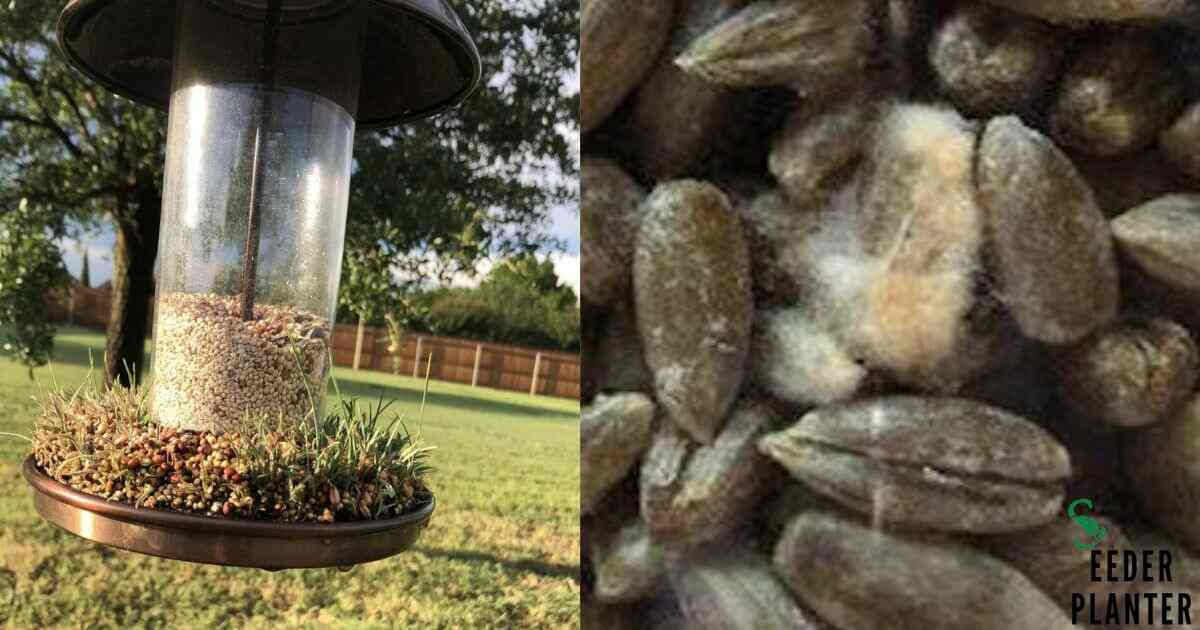

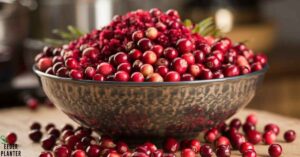
![Hollyhock Seeds: The Complete Guide to Success [2024]](https://seederabout.com/wp-content/uploads/2024/10/Hollyhock-Seeds-The-Complete-Guide-to-Success-2024-300x157.jpg)
